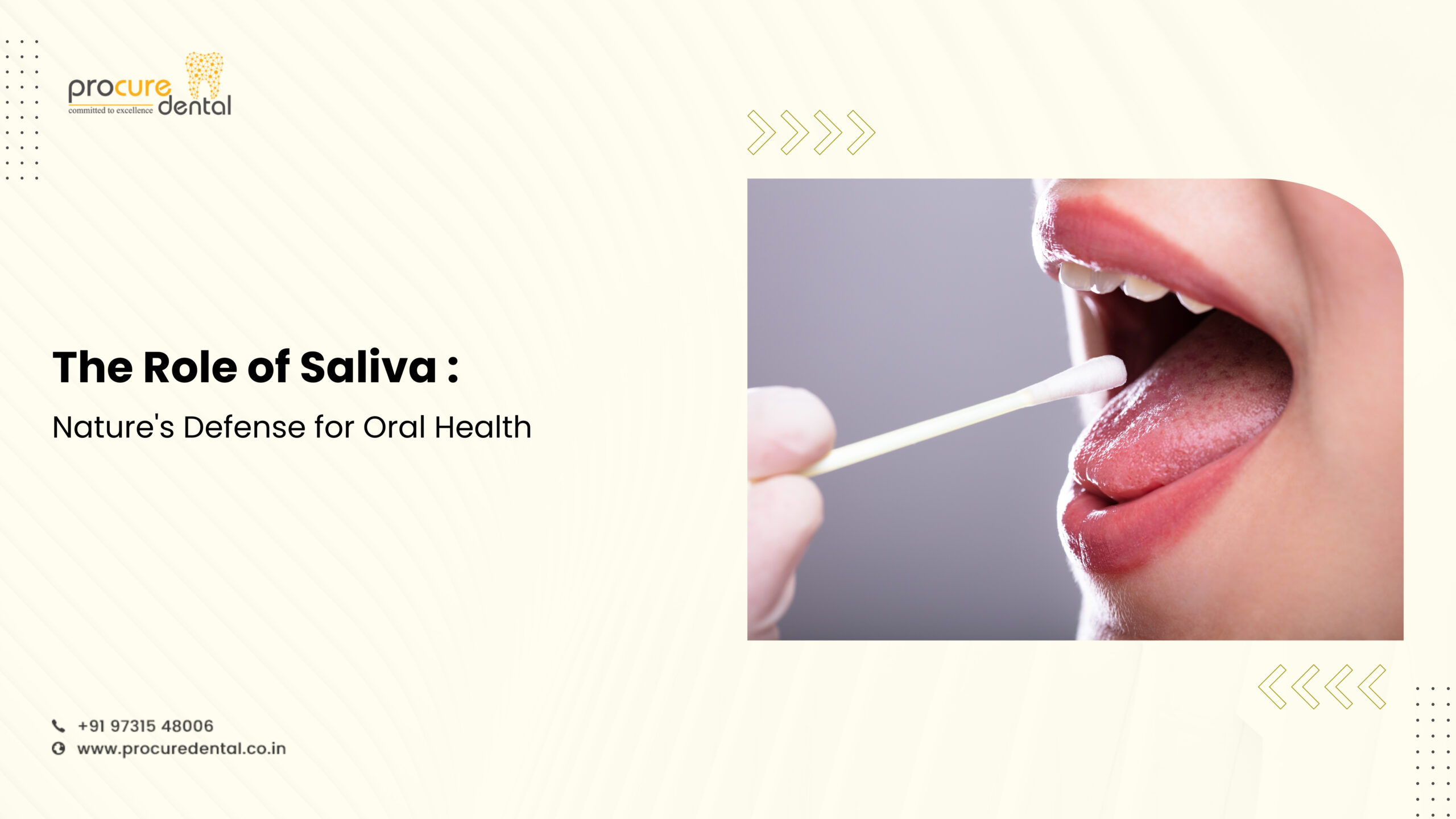The Role of Saliva: Nature’s Defense for Oral Health
Saliva: The Unsung Hero of a Healthy Mouth
When we think about oral hygiene, our minds immediately go to brushing, flossing, and using mouthwash. But there’s another key player working around the clock to protect our teeth and gums—saliva.
Often overlooked, saliva is nature’s built-in defense system, constantly washing away bacteria, neutralizing harmful acids, and strengthening enamel. Without it, our mouths would be far more vulnerable to decay, gum disease, and bad breath.
Let’s take a closer look at why this simple fluid is essential for oral health and how you can ensure your saliva production stays at its best.
Saliva: More Than Just Moisture
Saliva is much more than water—it’s a complex mix of enzymes, proteins, and minerals designed to keep your mouth in top shape. Every time you swallow, your saliva is at work, removing harmful bacteria and restoring balance.
How Saliva Protects Your Oral Health
- Washes Away Food and Bacteria – Saliva helps flush out food particles before they can turn into plaque or cause bad breath.
- Neutralizes Acids – The bacteria in your mouth produce acids after eating, which can erode enamel. Saliva acts as a natural buffer, helping to prevent cavities.
- Fights Infections – Saliva contains antimicrobial agents that help control harmful bacteria, reducing the risk of gum disease and oral infections.
- Strengthens and Repairs Teeth – Minerals like calcium and phosphate in saliva help rebuild weakened enamel, providing a natural form of cavity protection.
- Aids Digestion – The digestive process begins in your mouth, with saliva breaking down food before it reaches your stomach.
- Keeps Your Mouth Comfortable – Saliva prevents dryness and irritation, making it easier to speak, chew, and swallow.
The Consequences of Low Saliva Production
Not producing enough saliva—a condition known as dry mouth (xerostomia)—can lead to a range of oral health issues, including:
- Chronic Bad Breath – Without enough saliva to wash away bacteria, an unpleasant odor can linger.
- Increased Risk of Cavities – Without its protective minerals, teeth become more vulnerable to decay.
- Gum Disease – A dry mouth creates an environment where harmful bacteria thrive, increasing the risk of gingivitis and infections.
- Difficulty Eating and Swallowing – Saliva helps break down food, so eating can become uncomfortable if your mouth is dry.
- Mouth Sores and Irritation – A lack of saliva can lead to painful ulcers and inflammation in the mouth.
- Changes in Taste – Food may taste bland or unusual when saliva levels are low.
Common causes of dry mouth include dehydration, stress, aging, medications, smoking, and certain health conditions. However, there are ways to stimulate saliva production naturally.
How to Keep Saliva Flowing Naturally
- Stay Hydrated – Drinking plenty of water is the easiest way to support saliva production.
- Chew Sugar-Free Gum – Chewing stimulates saliva flow, and gum with xylitol can even help fight bacteria.
- Eat Crunchy Fruits and Vegetables – Apples, carrots, and celery encourage saliva production while naturally cleaning your teeth.
- Reduce Caffeine and Alcohol – Both dehydrate your mouth, so cutting back can help maintain moisture.
- Breathe Through Your Nose – Mouth breathing dries out your mouth, so try to correct nasal breathing if necessary.
- Limit Tobacco Use – Smoking and chewing tobacco reduce saliva flow and contribute to gum disease.
- Use a Humidifier – If you live in a dry climate or experience dry mouth at night, a humidifier can help keep moisture levels balanced.
Final Thoughts: Why Saliva Deserves More Credit
Saliva may not be the first thing that comes to mind when thinking about oral health, but it’s one of the most powerful tools your body has to protect your teeth and gums. It acts as a natural defense system, keeping your mouth clean, comfortable, and cavity-free.So, the next time you brush your teeth or reach for a glass of water, remember—a healthy mouth starts with saliva. Taking simple steps to maintain saliva production can make a world of difference in your overall oral health.



